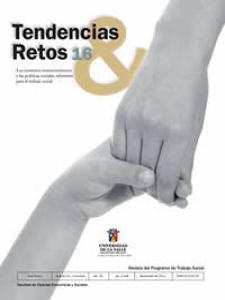Abstract
The 1990-2010 decades form a period of transformation in the matrix of social protection and socio-political intervention devices. They are characterized by their productivity in terms of making diagnoses and recommendations that were fundamental in redefining the forms of poverty management, as well as the public and private actors involved in it. From our theoretical perspective we find some lines of continuity between the nineties and the early decades of the new millennium. We present a selection of recently developed research results that contribute to the analysis of the consolidation of new forms of population government aimed at children and families, as well as its strong relationship with the social individualization processes that are characteristic of late modernity. Both studies were based on qualitative techniques, including: focus groups, in-depth interviews and documentary analysis. Given the controversial nature of some conclusions, this article is assumed as a reflection paper.Downloads
Download data is not yet available.



